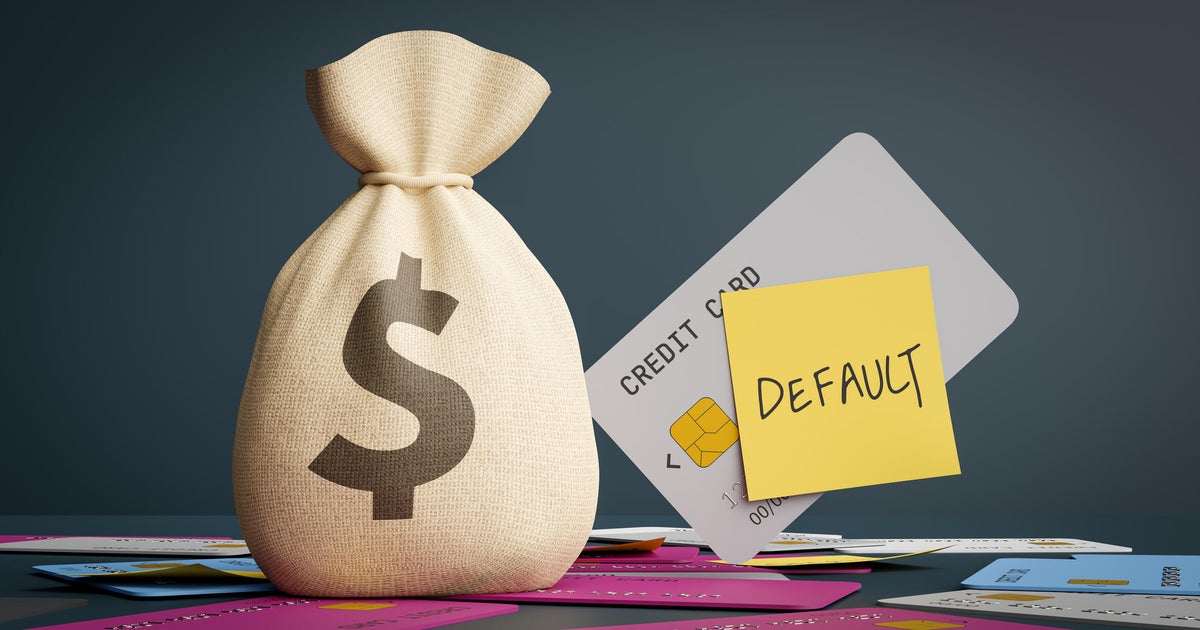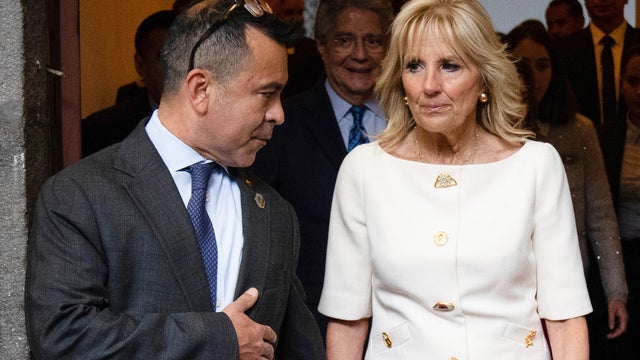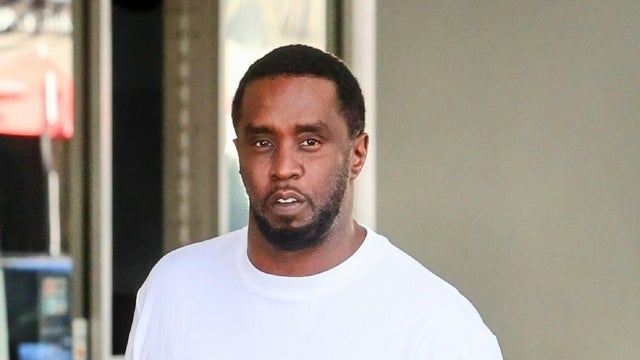

No response returned

Millions of American households are . According to the , total balances have soared to a staggering $1.21 trillion. When life throws unexpected hardships — job loss, medical emergencies or home repairs — many have nowhere to turn but their credit cards. And as interest rates remain high, even small balances can become difficult to manage.
For those who fall behind on payments, the consequences quickly escalate. Your credit score drops, collection agencies keep calling and legal action may follow. Fortunately, though, experts say there are specific moves you can make now to avoid defaulting. Below, we'll examine three steps that could be worth exploring if you find yourself in this situation now.
.
Debt and finance professionals recommend taking these steps when :
When you realize you might miss a payment, "the first thing you should do is communicate with [your] credit card company," says Dr. Annie Cole, Ed.D., a money coach and founder of Money Essentials for Women, an online financial resource center. "You'd be surprised at what they might be able to offer you, [such as] a temporary pause on payments, an extended payment timeline [or] smaller payment amounts."
Gwyneth Borden, founder of debt recovery company Remynt, advises asking for a , which may allow you to waive or reduce payments. "[Assure] them the situation is temporary and remind them of your good customer history," she suggests. Though they might lower your credit limit, securing a manageable payment plan now can prevent more dire consequences.
.
Once you've contacted your credit card issuer, put your card away. "The more debt you pile on, the more you [owe] and [it gets worse]," warns Borden.
At this stage, she recommends using cash or a debit card that withdraws from your bank account. "Only spend what's left over after you've paid your expenses," Borden advises. This change in habit helps break the dependency on credit while creating a natural spending limit.
To avoid defaulting on credit card debt, Dr. Cole recommends creating a simple personal budget. "[It should include] the new plan for your credit card debt, including monthly payment amounts," she advises. This helps ensure you can meet your obligations while covering essential expenses.
Just as important is tracking when payments are due. "Set reminders on when specific amounts are due so you can make future payments on time," Dr. Cole encourages. Missing these restructured payments could void your hardship agreement and trigger late fees, further complicating your financial recovery.
"The worst thing you can do is nothing," emphasizes Howard Dvorkin, chairman of Debt.com. "Every day you wait, you're in deeper debt." He suggests calling a nonprofit or a for-profit for help.
A legitimate counseling service will give a free, in-depth debt analysis without pressure. "That will show you exactly what you're earning and spending, and what debt-busting methods are best for your situation," he explains. These professionals can recommend specialized solutions such as debt management plans or settlement options that might not be available to you otherwise.
Borden suggests that a can be a great way to pay off your credit cards and lower the monthly interest you're paying. It combines several debts into one loan with one monthly payment, usually at a much lower rate than you're currently paying with your credit cards.
Commitment is crucial if you take this route. "You must be [dedicated] to paying off your credit cards and not using them," she adds. Many borrowers make the mistake of taking out a consolidation loan only to rack up new credit card debt, ending up in a worse position than before.
Financial difficulties happen to nearly everyone at some point, but how you respond makes all the difference. "[Grab] your credit card, flip it over and call the number [listed]," advises Dvorkin. "It sounds too easy to be true, but [this single step] can save you hundreds." Credit card companies often waive late fees or adjust terms for long-time customers.
If you're managing more than one card, Dr. Cole recommends prioritizing strategically. First, make payments on debt with the highest interest rate and/or highest late fees if not paid in full on time. Then, tackle cards with low or no interest until you pay off your debt.





